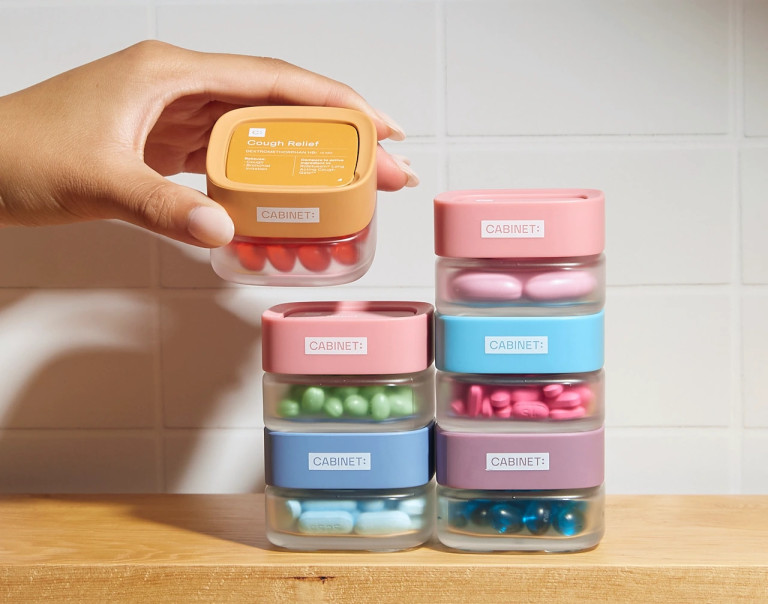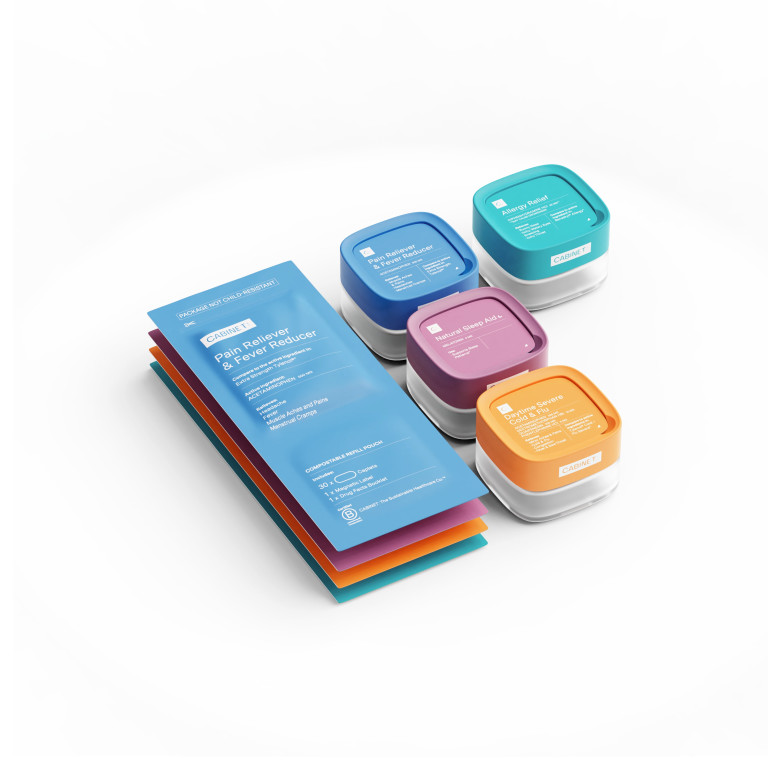1. Keep a list of all of your medications and when you take them.
A simple, yet effective way to stay organized is to create a list of all of your medications, including the name of the medication, the dosage, and the frequency that you take it. You can also include the reason why you're taking each medication and any potential side effects to watch out for. This list can help you keep track of what you're supposed to be taking and when, and it can also come in handy if you need to share your medication list with a healthcare provider or caregiver.
2. Use a pill organizer.
Pill organizers are designed to help you keep track of your medications and make it easier to take them on schedule. They come in a variety of styles, including weekly organizers that have a compartment for each day of the week, or monthly organizers that have a compartment for each day of the month. Some pill organizers even have alarms that can help remind you when it's time to take your medication.
3. Use a phone app to track your medications.
There are several phone apps available that can help you keep track of your medications and when you need to take them. Some apps allow you to enter in your medications, the dosages, and the frequency that you take them, and then send you reminders when it's time to take your pills. These apps can be especially helpful if you have a busy schedule or if you have trouble remembering to take your medications.
4. Store your medications safely and securely.
It's important to store your medications in a safe and secure place, especially if you have young children or pets in the house. Keep your medications out of reach and sight, and consider using a lockable medicine cabinet or a lockable box to store your prescription bottles. You should also be sure to dispose of any expired or unused medications safely to prevent accidental ingestion.
5. Use clear or labeled prescription bottles.
If you have several different medications, it can be easy to mix them up or confuse one medication with another. To help prevent mistakes, consider using clear prescription bottles or bottles with labels that clearly identify the medication and the dosage. You can also use different colored bottles or labels to help differentiate between different medications.
6. Keep your medication bottles closed and secure.
To prevent spills or accidental ingestion, be sure to keep your medication bottles closed and secure at all times. This is especially important if you have young children or pets in the house. You should also be sure to store your medications in a dry, cool place to prevent them from getting damaged.
7. Talk to your healthcare provider about any concerns or questions you have about your medications.
If you have any questions or concerns about your medications, be sure to talk to your healthcare provider or pharmacist. They can provide you with important information about your medications and help you stay on track with your treatment plan. They can also help you address any problems or side effects that you may be experiencing.
8. Prescriptions Without the Plastic Bottles
Cabinet Health believes you shouldn’t have to compromise between your health and the health of the planet. Our medicine system manages to marry sustainability with prescriptions, all packaged in eye-pleasing glass containers that prove eco-friendly doesn’t have to mean eye sore. By removing single-use plastic from medicine packaging and batch-level testing all of our medicines for safety, we are tackling sustainability in an industry that’s yet to address it. So spending money on unhealthy and polluting plastics, and switch to Cabinet in just 5 minutes.










